In a world where the delicate balance of nature is often disrupted by human intervention, one theory stands out as a beacon of harmony and interconnectedness: the Gaia Hypothesis. Explored in depth within the pages of a groundbreaking book, this hypothesis challenges us to see the Earth as a living, breathing organism in itself. Join us on a journey into the realms of ecological philosophy and scientific inquiry as we delve into the profound insights offered by the Gaia Hypothesis book. Discover a new perspective on our planet and our place within it.
Table of Contents
- – Unveiling the Intriguing Concepts of the Gaia Hypothesis Book
- – Exploring the Relationships Between Living Organisms and Earth
- – Practical Applications and Real-Life Implications of the Gaia Hypothesis
- – Why Every Environmental Enthusiast Should Add the Gaia Hypothesis Book to Their Reading List
- Q&A
- In Conclusion
– Unveiling the Intriguing Concepts of the Gaia Hypothesis Book
The Gaia Hypothesis Book delves into the fascinating theory that Earth functions as a self-regulating system, much like a living organism. This thought-provoking concept suggests that the planet itself maintains conditions suitable for life to thrive. Through a unique blend of scientific exploration and philosophical reflection, the book invites readers to contemplate the interconnectedness of all living beings with the environment.
Within the pages of this insightful work, readers will uncover thought-provoking discussions on topics such as:
- The interconnectedness of ecosystems and life forms
- The implications of viewing Earth as a single, unified entity
- The role of human activities in shaping the planet’s future.
Moreover, engaging narratives and compelling examples guide readers on a journey to understand how the Gaia Hypothesis challenges conventional perspectives on the relationship between humanity and nature. Dive into this thought-provoking exploration and expand your understanding of the intricate web of life that surrounds us.
– Exploring the Relationships Between Living Organisms and Earth
In the realm of ecological thought, the Gaia hypothesis stirs a profound contemplation of the interconnectedness between all living beings and the planet we call home. This theory proposes that the Earth is a self-regulating system, much like a living organism itself, where the biosphere, atmosphere, and oceans collaborate in a complex dance of harmony and balance.
When delving into the intricacies of the Gaia hypothesis, one is invited to ponder the delicate web of relationships woven between organisms and the Earth. From the symbiotic partnerships between plants and pollinators to the interdependence of predator and prey, the fabric of life is interwoven with remarkable finesse. Embracing this holistic perspective sheds light on the beauty and resilience of our planet, inspiring awe and reverence for the intricate tapestry of life that surrounds us.
| Living Organisms | Ecological Relationship |
|---|---|
| Bees | Pollinating flowers |
| Plants | Producing oxygen through photosynthesis |
| Wolves | Regulating prey population |

– Practical Applications and Real-Life Implications of the Gaia Hypothesis
Exploring the Gaia Hypothesis through the lens of real-life applications reveals intriguing connections between ecosystems and the planet as a whole. This concept proposes that Earth functions as a self-regulating organism, where living organisms interact with the environment to maintain conditions suitable for life.
<p>By delving into the Gaia Hypothesis, we uncover how ecosystems impact climate, nutrient cycles, and biodiversity. **This holistic approach offers valuable insights into sustainability practices, ecological balance, and the interconnectedness of all living beings.**</p>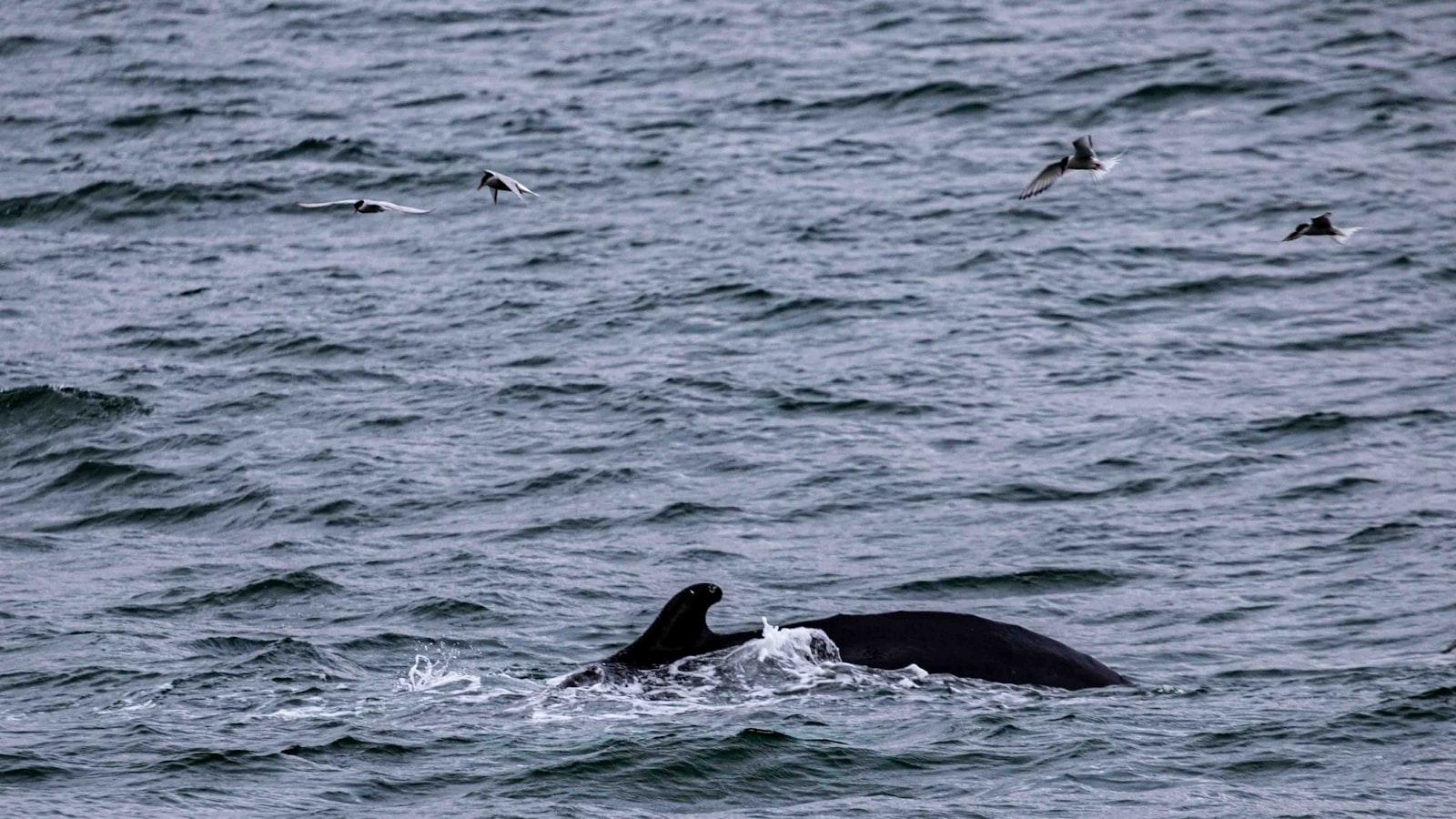
– Why Every Environmental Enthusiast Should Add the Gaia Hypothesis Book to Their Reading List
Discover the captivating world of the Gaia Hypothesis through a transformative book that delves into the interconnectedness of all living beings on Earth. Dive into a holistic perspective that explores the planet as a self-regulating organism, shedding light on the intricate balance between nature and humanity.
<p>Embark on a journey of ecological enlightenment as you unearth the profound implications of Gaia theory on environmental activism and sustainability efforts. Uncover the profound wisdom within the pages of this enlightening book and gain a deeper appreciation for the interconnected web of life that sustains our beautiful planet.</p>Q&A
**Q&A: Gaia Hypothesis Book**
Q: What is the Gaia Hypothesis book about?
A: The Gaia Hypothesis book delves into the fascinating concept proposed by scientist James Lovelock that suggests the Earth functions as a single, self-regulating organism.
Q: Who is the author of the Gaia Hypothesis book?
A: The pioneering scientist James Lovelock is the author of the Gaia Hypothesis book. His revolutionary ideas have sparked discussions and debates in both scientific and environmental circles.
Q: Why is the Gaia Hypothesis book significant?
A: This book is significant as it challenges traditional views of the Earth as an inanimate object and instead presents it as a dynamic and interconnected system that sustains life in a delicate balance.
Q: What can readers expect to learn from the Gaia Hypothesis book?
A: Readers can expect to gain a deeper understanding of the Earth’s complexity and learn about the intricate relationships between living organisms and their environment.
Q: How has the Gaia Hypothesis book influenced our understanding of the planet?
A: The Gaia Hypothesis book has reshaped our perspective on the Earth, highlighting the importance of considering the planet as a living entity that requires care and conservation.
Q: Who would benefit from reading the Gaia Hypothesis book?
A: This book appeals to those interested in environmental science, ecology, and holistic views of the Earth. It is a thought-provoking read for anyone looking to explore new ideas about our planet’s interconnectedness.
Q: Can the Gaia Hypothesis book inspire action towards environmental conservation?
A: Absolutely! The Gaia Hypothesis book can inspire readers to take meaningful action to preserve and protect the planet, promoting a sense of responsibility towards Earth’s well-being and sustainability.
In Conclusion
As we conclude our exploration of the Gaia Hypothesis book, we hope that the insights shared have sparked a newfound appreciation for the interconnectedness of our planet and all its living systems. Remember, like the intricate web of life itself, every action we take has a ripple effect on the delicate balance of Earth. Let us embrace our role as stewards of Gaia, nurturing and protecting this beautiful blue planet we call home. So, as you close the final pages of this book, may you carry the essence of Gaia’s wisdom with you, guiding your steps towards a more harmonious coexistence with nature. Thank you for joining us on this enlightening journey. Until we meet again, may the spirit of Gaia inspire you to tread lightly and love deeply on this wondrous Earth.
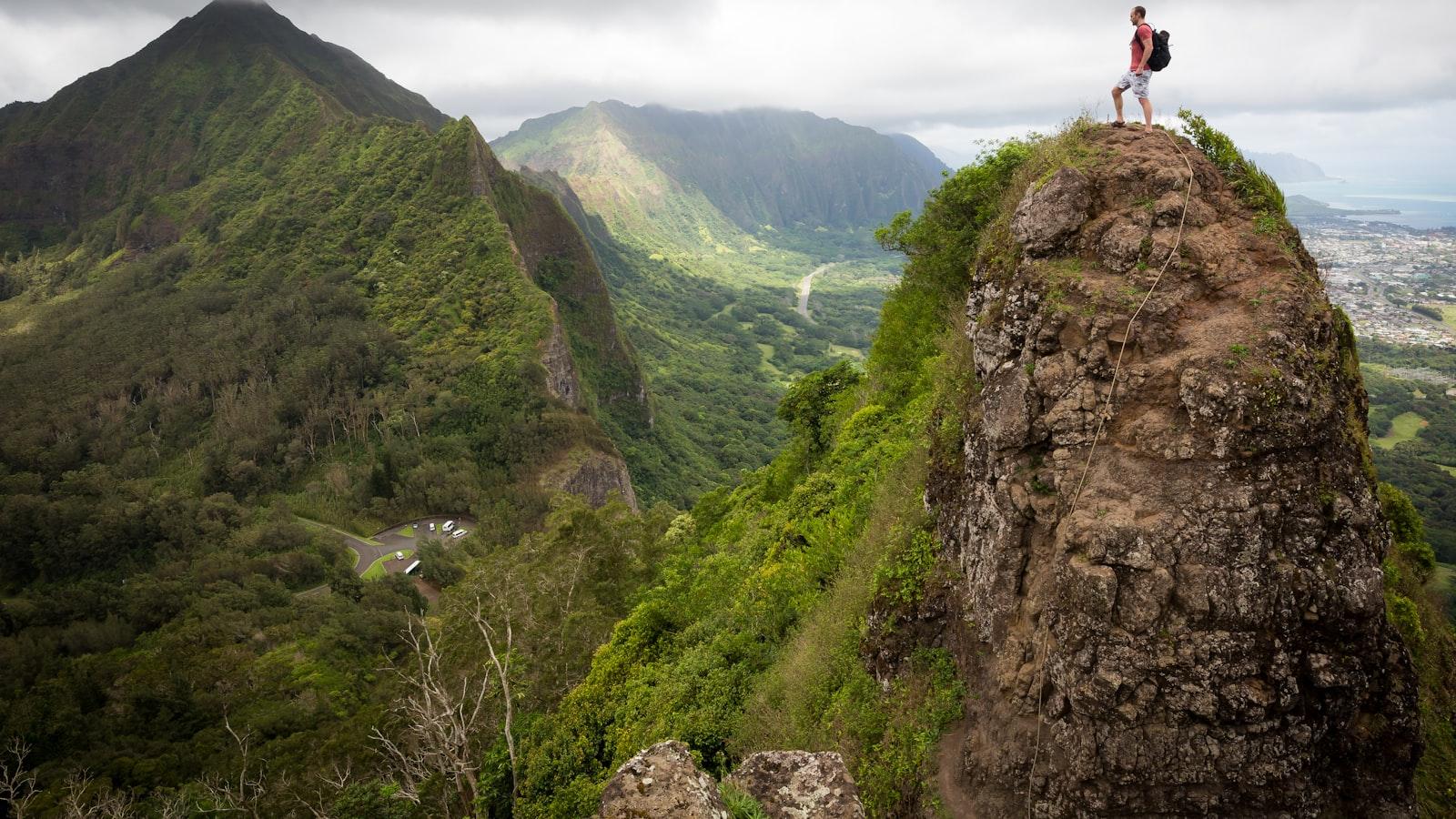
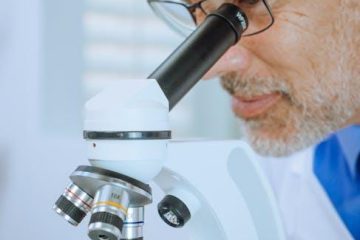
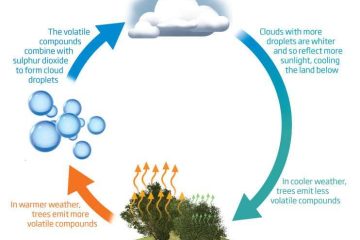
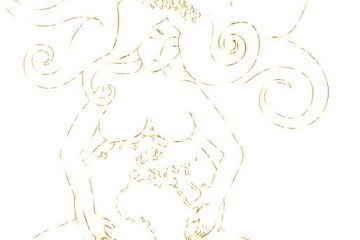
0 Comments